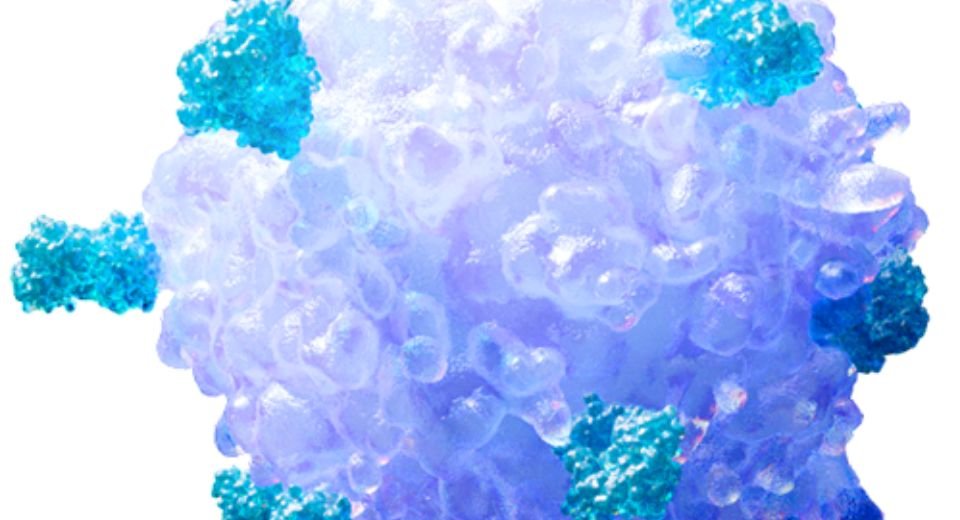HQ Team
January 22, 2025: The US drug regulator has put a clinical hold on Atara Biotherapeutics’ T-cell therapies for cancer and autoimmune diseases after issues were observed at a third-party manufacturing facility.
The US Food and Drug Administration has placed a clinical hold on Atara’s active Investigational New Drug applications, which included tabelecleucel —a monotherapy treatment for adults and pediatric patients, according to a company statement.
Tabelecelucel is meant to treat people with Epstein-Barr virus-positive post-transplant lymphoproliferative disease (EBV+ PTLD), a rare cancer.
EBV+PTLD is a rare and potentially fatal disease that can occur after a transplant. It’s a complication of organ transplants that’s associated with the Epstein-Barr virus, a type of herpes virus.
CAR-T therapy
The regulator also put a hold on an allogeneic CD19-targeted CAR-T therapy (ATA3219) for the treatment of non-Hodgkin’s lymphoma and systemic lupus erythematosus — blood cancer and autoimmune disease.
Systemic lupus erythematosus and other autoimmune diseases are linked to an increased risk of certain types of cancer. Specifically, lupus patients may experience an elevated risk of lymphoma and other cancers, such as cancer of the cervix.
The clinical hold for tabelecleucel is directly linked to “inadequately addressed global manufacturing practices compliance issues identified during the pre-license inspection of the third-party manufacturing facility” that was announced on January 16, 2025, by the FDA in a complete response letter (CRL).
The ATA3219 drug product is manufactured at a separate, fully compliant GMP-certified facility, the starting materials used in its production are affected by “compliance issues at the same third-party facility referenced in the CRL,” according to the statement.
Pause in enrollment
Participants currently enrolled in the clinical studies who have the potential to derive clinical benefit may continue to receive treatment under the ongoing study protocols.
Screening and enrollment of new participants in both programs have been paused.
The clinical hold does not affect Atara’s second third-party manufacturer, Fujifilm Diosynth Biotechnologies facility in Thousand Oaks, California. The facility remains a critical component of Atara’s long-term manufacturing strategy for both assets.
Atara and the FDA have discussed and agreed upon the actions necessary to release the clinical holds. “The FDA has confirmed its commitment to working collaboratively and expeditiously with Atara to resolve the clinical holds.”
Epstein-Barr virus
“We are encouraged with ongoing correspondence with the Agency and a potential path to submitting the necessary data to release the clinical hold,” said Cokey Nguyen, Ph.D., President and Chief Executive Officer of Southern California-based Atara.
Most people fight off EBV infection with a natural immune response, leaving them with T cells—white blood cells in the immune system armoury—that control EBV when needed.
These natural T cells can serve as a platform to generate allogeneic CAR-T cells. CAR T-cell therapy uses genetically modified white blood cells to fight cancer.
More than 95% of adults over 40 are infected with Epstein-Barr virus, according to the company.








